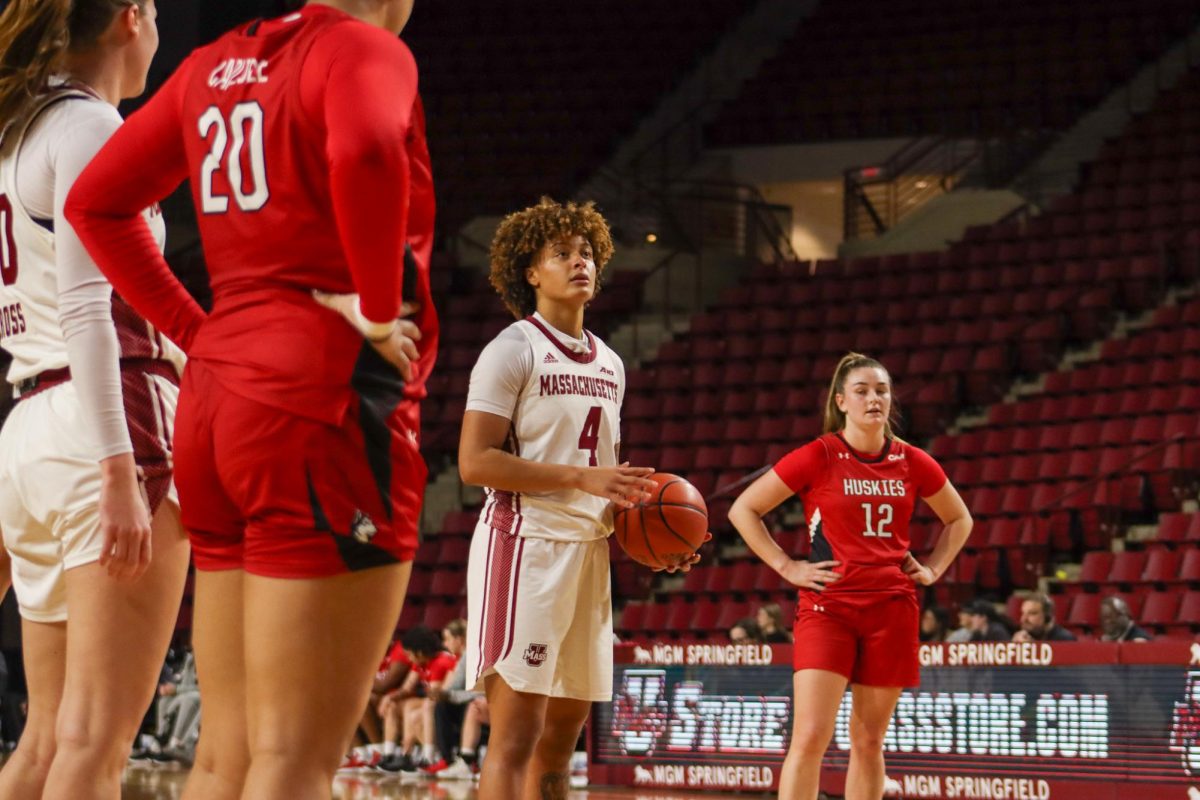The University of Massachusetts generated a record-setting $41.4 million in revenue from intellectual property licensing during the 2007 fiscal year.
Earned from the licensing of University technology that has been developed across all five campuses, this past year’s revenue exceeded the previous record of $28.7 million in 2005. Revenue also increased about $13 million in 2007 from the 2006 fiscal year.
The technology has been employed in pharmaceuticals, educational software products, and research tools, and from a one-time sale of previously acquired stocks,
“Surpassing $40 million in intellectual property commercialization revenue is a significant milestone,” said UMass President Jack Wilson. “In addition to attracting and retaining faculty that are among the top tier of researchers in their fields in the world, we think it’s important to provide an environment that fosters our researchers’ ability to bring cutting-edge discoveries to market.”
The University only formed a licensing office in 1994, but has seen steady growth over the course of the last thirteen years, according to University officials. In the past year University research from across the five campuses resulted in a total of 174 invention disclosures, 106 patent applications, and 78 technology licenses.
Officials credit the record growth in revenue to the Office of Commercial Ventures and Intellectual Property (CVIP). Licensing officials from within CVIP work closely with University faculty and researchers to determine the commercial potential of intellectual property. Founded in 1995, CVIP protects and markets University technology to interested companies and investors in the business sector.
CVIP, in cooperation with Massachusetts Technology Transfer Center (MTTC), also works with faculty and investors to facilitate the start-up of companies and business utilizing University developed technology throughout the commonwealth.
MTTC was created and funded by the Massachusetts state legislature and former governor Mitt Romney in 2003 to facilitate the transfer of technology and research from universities, hospitals and research institutions to the business sector, according to the MTTC Web site.
“We pursue knowledge and innovation not only for their own sake, but also to build a stronger economic future for Massachusetts, and to bring to fruition discoveries that have the potential to shape better lives for people across the globe,” Wilson said.
Recent start-ups affiliated with the University include SunEthanol and Advanced Cell Technology, both located in Amherst, Massachusetts.
SunEthanol, founded by Dr. Susan B. Leschine of the UMass Amherst microbiology department, is commercializing a newly discovered cost-effective process of producing ethanol from biomass. The technique, developed by researchers at UMass Amherst, avoids adding enzymes to the ethanol during the fermentation period, which effectively cuts the cost of the entire process, according to the SunEthanol Web site.
Between its five campuses in Amherst, Boston, Dartmouth, Lowell, and the Medical Center in Worcester, the University of Massachusetts annually spends more than $400 million on research and technology, with over 58,000 undergraduate and graduate students enrolled in academic degree programs.






